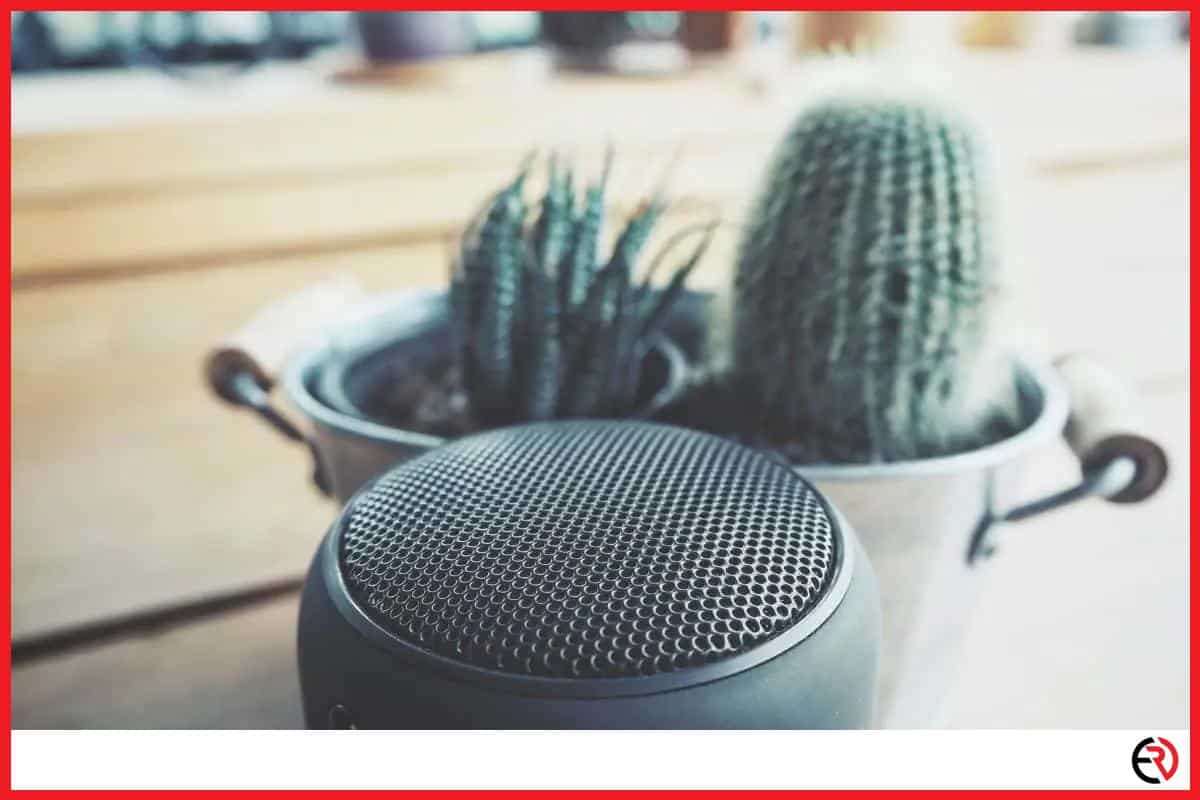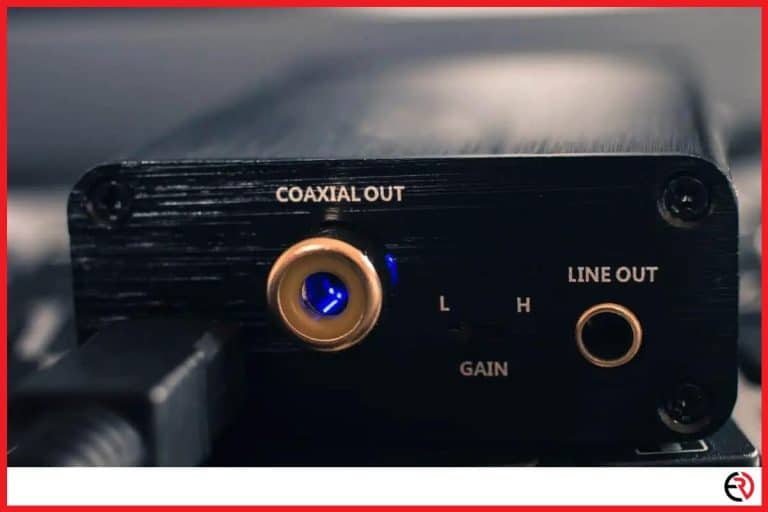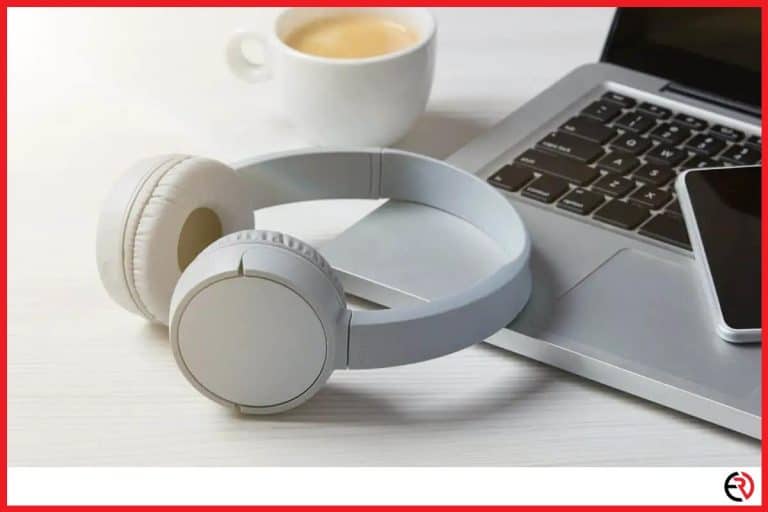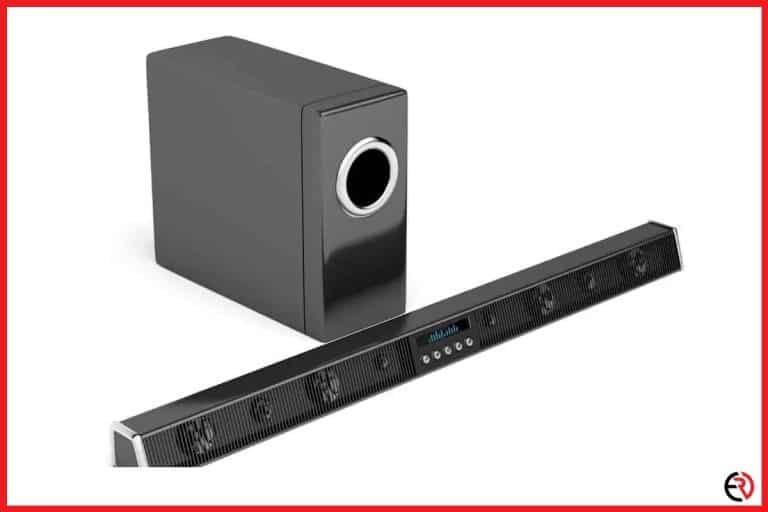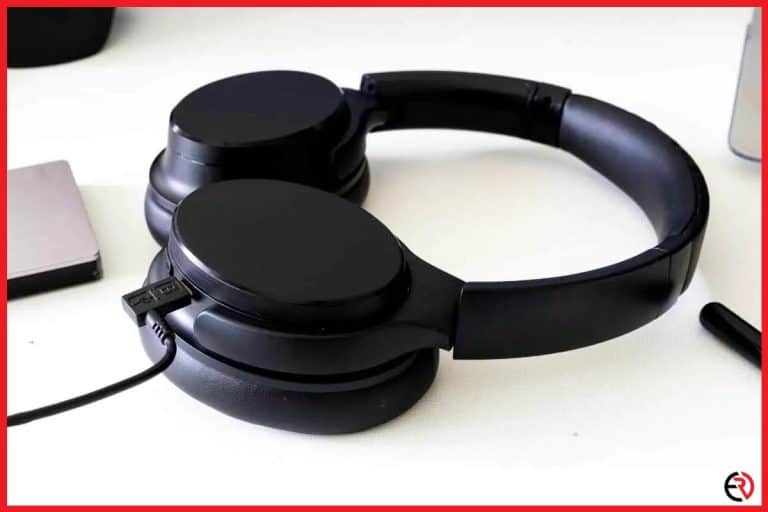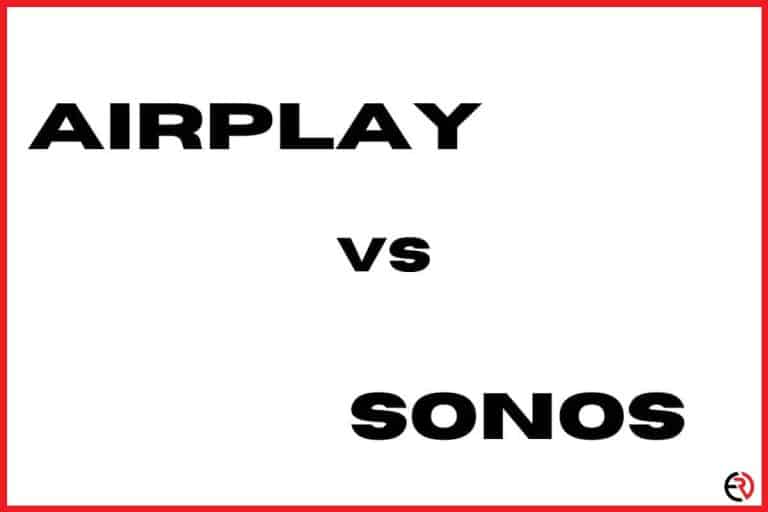Can You Use Bluetooth Speakers While Charging?
This post may contain affiliate links which means that, if you choose to make a purchase, I may earn a small commission at no extra cost to you.
I often come across several articles on how to preserve a Bluetooth speaker’s battery. However, there is no way to ‘preserve’ the battery per se because its efficiency falls with each usage. However, there are ways to ensure you get the maximum mileage from the batteries; one of them is not using the device while charging. This rule applies to various devices, but is it applicable for a Bluetooth speaker? Let’s find out.
Yes, you can use a Bluetooth speaker while it’s charging without harming the battery. If it’s a new speaker, switch it off and charge it thoroughly before using it. However, issues related to battery life can surface in the case of low-quality devices.
There are countless myths on how to properly charge Bluetooth speakers. It’s time to break away with the lies and discuss hard facts about these devices.
Using a Bluetooth speaker while charging: What’s happening behind the scenes?
There are two scenarios — the speakers run on electrical current when they are charging and do not consume the battery at all. On the other hand, the speakers drain the battery, and any charge lost is instantly gained back.
You must have noticed that batteries heat up during charging, more so when they are overcharged. It’s been happening less so with the introduction of Lithium-polymer batteries, but it still heats up a bit. All batteries lose efficiency over time, more so when a charge cycle is consumed, so it’s wise not to let the battery capacity drop below 50%.
However, that does not mean you should overcharge the batteries. Lithium batteries that are charged to 100% every time also lose their capacity to retain their charge. When using the Bluetooth speaker while charging, every bit of lost power is recharged immediately, further exerting pressure on the battery.
Technically speaking, using Bluetooths speakers while charging does not immediately affect the battery. But in doing so, you are reducing the battery life from ~3 years to maybe 2 or ~2 ½ years (depends on the build quality).
What is the memory effect, and how does it affect your Bluetooth speaker while charging?
The memory effects describe a state when the battery ‘forgets’ it has a full charge. This usually happens when said battery cannot wholly discharge for a prolonged period, because of crystal formation within the cell, which increases the overall resistance.
The phenomenon is quite common in nickel-cadmium batteries, where it seemingly forgets how long it can last on a single charge and ends up discharging at an alarming rate. You’re probably wondering how this affects you.
Well, keeping your Bluetooth speaker plugged in at all times can induce the memory effect. Even if you are listening to music, the battery capacity does not fall below 99%. You are constantly charging it and unknowingly pushing it towards doom.
However, the memory effect does not affect lithium-polymer batteries. If you have a similar use case, I suggest buying a speaker with Li-Po batteries instead of Ni-Cad.
My personal favorite is the JBL FLIP 5. It has a solid build quality, IPX7 protection, and up to 12 hours of music playback. I have been using it for the past 2 years, and the music quality amazes me to this day. If you’re in the market for a new speaker, I highly suggest this one.
What are the benefits of switching off the speaker when charging?
One of the more obvious reasons is that it lets you rest the Bluetooth speaker. Whether or not it affects the performance is debatable. Also, the batteries charge a lot faster, which is good for their overall health.
A few years ago, I owned a BOSE speaker and lent it to a friend for a few months. He would leave it plugged in 24/7 so that he did not need to charge it separately. Moreover, he mostly used the speaker indoors and did not travel a lot, so there was no need to move it either. However, I noticed a significant shift in the battery performance when he returned it.
The battery started dying super fast when I tried to use it, and I was forced to replace it. I did put the bill on my friend’s tab though. The technician told me that keeping the speaker plugged in 24/7 might have degraded the battery life. Exercise caution when charging your batteries because, as evidence suggests, it might affect the overall performance.
Should you keep the Bluetooth speaker charging overnight?
No, it would be best not to keep the speakers charging overnight. Safety features are built into the device that stops accepting electrical charge once the battery is at capacity. But not all speakers have this feature, and it’s still vulnerable to electrical accidents.
Moreover, charging the speaker to its full capacity is harmful to the battery, affecting its durability. It’s best to stop charging when the battery reaches 90%, something which is not possible when you are sleeping at night.
Every percentage lost is instantly recharged, further affecting the battery life. Although voltage fluctuations are uncommon, failing to disconnect your Bluetooth speaker during such an incident can affect the internal circuitry as well as the power cell.
How to prolong the battery life of your Bluetooth speakers?
Most speakers use lithium-polymer batteries, which require a bit of maintenance to get the most mileage. Here are a few easy you can maximize the battery life of your speakers:
1. Lithium-polymer batteries have somewhere between 300 to 500 charge cycles, and the best way to maximize the charge cycle is to recharge it before it’s empty.
2. These batteries do not have a memory, so you need not wait till it’s before recharging it. Charge when you get the opportunity, but not when your battery hits 20%.
3. Avoid charging the batteries below 10℃ and above 50℉ since the chemical makeup of the batteries makes them much less efficient at these temperature ranges.
4. Lithium Polymer batteries do not charge efficiently when they are hot. Cool the battery after intense gaming sessions before recharging it.
5. Fully charged Bluetooth speaker batteries could expand when stored for a prolonged period of time. Please don’t leave it aside and use it whenever you get the opportunity.
F.A.Q.
Is it safe to use a Bluetooth speaker while charging?
Yes, it’s safe to use Bluetooth speakers while charging. However, there are a few cases where it should be avoided, for instance, if the battery part gets heated up.
Does charging my Bluetooth speaker reduce its battery life?
Yes, charging a Bluetooth speaker reduces its battery life, but it’s nothing to be afraid of. All batteries lose efficiency over time; it’s inevitable. However, you can maximize the battery output and extend the shelf life by practicing proper recharge cycles. Here is what you should do:
1. Don’t charge above 80-90% and let it drop below 30-50%.
2. Do not keep the Bluetooth speaker plugged in at all times.
3. Do not insert the charger and leave it be.
4. Although you can use a Bluetooth speaker while charging, it’s best to avoid it for the future security of the device.
Conclusion
Bluetooth speaker battery technology has come a long way. Lithium-polymer batteries offer a significant upgrade over their predecessors. They are more stable, have a lower chance of leaking electrolytes, and better retain the overall battery charge. Feel free to mention any more questions on the topic in the comments below and we’ll try to answer them in a future post. Until next time. Happy listening!

